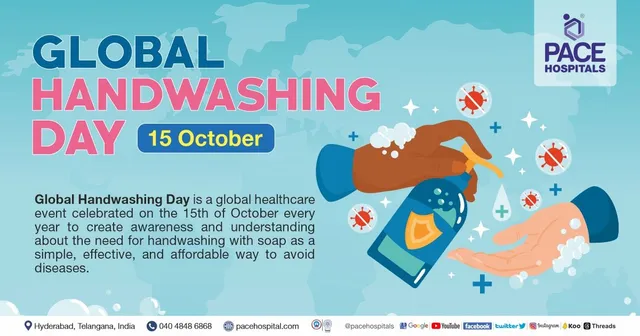In a global full of commemorations of every kind, from national vacations to international observances, one may wonder if there is room for yet another celebration. Enter Soapday, a unique occasion committed to honoring cleanliness, hygiene, and the common-or-garden but essential invention of soap. In this text, we delve into the origins, importance, traditions, and modern-day relevance of Soapday.
1. Origins and Evolution
Soapday traces its origins returned to historical civilizations in which the concept of cleanliness changed into intertwined with religious, social, and scientific practices. Early records advocate that historic Babylonians, Egyptians, and Greeks utilized diverse concoctions for cleaning functions. However, it was the historic Romans who popularized cleaning soap as we comprehend it these days, using a mixture of animal fats and wood ash to create a rudimentary form of soap.
Over the centuries, cleaning soap manufacturing evolved, with innovations in substances and strategies main to the creation of various kinds of soap, each tailor-made to specific wishes. The Industrial Revolution marked a sizable turning factor, as mass production made soap greater accessible to the overall populace, remodeling it from a luxurious object to a household staple.
2. Significance of Cleanliness
Cleanliness has lengthy been associated with health, properly-being, and societal norms. Beyond the physical benefits of eliminating dust and germs, cleanliness holds symbolic importance in numerous cultures, representing purity, distinctive feature, or even ethical integrity. Throughout history, cleanliness has been intertwined with religious rituals, cultural practices, and private grooming workouts, reflecting its deep-rooted significance in human society.
Moreover, the importance of cleanliness extends past person hygiene to encompass public health and sanitation. Proper sanitation practices, including handwashing with soap, were instrumental in preventing the spread of sicknesses, especially in instances of pandemics along with the COVID-19 crisis.
3. Traditions and Customs
Soapday is celebrated in various approaches around the sector, reflecting cultural versions and local customs. In a few regions, Soapday festivities involve communal gatherings in which participants engage in group activities centered on hygiene training and recognition. These may additionally encompass handwashing demonstrations, soap-making workshops, and discussions at the importance of sanitation.
In other places, Soapday is marked through acts of charity and network service, with individuals and organizations distributing cleaning soap to underserved groups or helping hygiene initiatives in colleges and healthcare facilities. Additionally, a few groups contain Soapday into existing cultural galas or non secular observances, blending historical traditions with cutting-edge-day practices.
4. Modern-Day Relevance
In a technology ruled through issues about public health and hygiene, Soapday holds renewed significance as a reminder of the significance of cleanliness in stopping the spread of infectious illnesses. The COVID-19 pandemic has underscored the critical position of hand hygiene in preventing viruses and micro-organism, highlighting the want for sizeable adoption of proper handwashing practices.
Moreover, Soapday serves as a platform for raising attention about hygiene-related troubles, including access to easy water, sanitation facilities, and affordable hygiene products. In many components of the arena, loss of get admission to soap and fundamental sanitation infrastructure stays a considerable project, exacerbating health disparities and contributing to preventable illnesses.
5. Celebrating Innovation
Soapday also celebrates innovation and advancements inside the discipline of hygiene and sanitation. From antibacterial soaps to green options, the cleaning soap industry continues to evolve, pushed through a dedication to sustainability, effectiveness, and customer preferences. Additionally, ongoing studies in microbiology and public health informs satisfactory practices for hand hygiene and contamination control, shaping the destiny of cleanliness.
Furthermore, Soapday offers a possibility to understand the contributions of people and organizations devoted to selling hygiene training and improving get right of entry to to sanitation assets international. Whether thru advocacy, entrepreneurship, or humanitarian efforts, these champions of cleanliness play an essential role in safeguarding public fitness and empowering groups.
6. Looking Ahead
As we appearance to the destiny, Soapday serves as a reminder of the iconic significance of cleanliness in each day lives. Whether thru simple acts like washing our arms or supporting global projects to make bigger get entry to sanitation, each of us has a position to play in selling hygiene and stopping sickness. By embracing the spirit of Soapday 12 months-spherical, we are able to create a more healthy, more hygienic international for generations to come back.
In end, Soapday celebrates not simplest the invention of cleaning soap however also the timeless cost of cleanliness in human society. From its historic origins to its cutting-edge-day relevance, Soapday reminds us of the profound effect that hygiene has on our fitness, properly-being, and nice of life. So, on this Soapday and every day, let’s lather up, rinse off, and have fun the simple but crucial act of staying easy.


